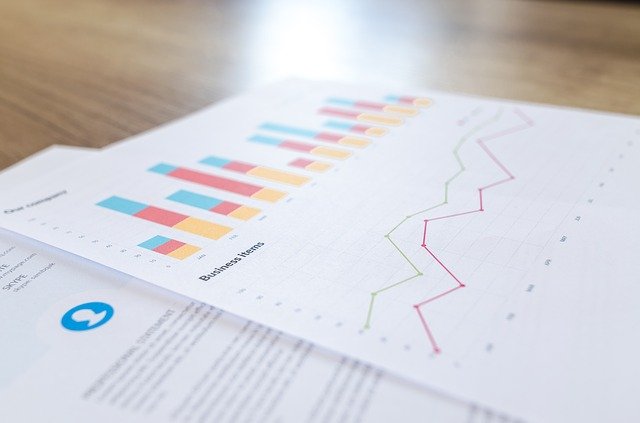This post is sponsored by Philip Morris International
Sign up for SmartBrief’s free Business Transformation newsletter.
Recovery from the coronavirus pandemic is about more than physical. Economies will need a new path forward as the lessons learned from this global experience influence next steps — both in the immediate and in the years to follow.
SmartBrief recently interviewed Edie Weiner, President and CEO of futurist consulting group The Future Hunters. This is part two of that interview. Read part one to hear her take on the three pathways to progress.
What do you see happening to economies? Will more democracies turn to socialism?
I think we are seeing an important evolution in economic theory. For a long time, it was felt that the three dominant forms of economy — capitalism, socialism and communism — were the choices. But now we now see a fourth. Capitalism is cleaving into two kinds: private capitalism and public capitalism.
Private capitalism is what we have been practicing for several centuries. Its underlying belief is that, with some legal exceptions, how I earn, spend and invest my dollar is my business. Public capitalism says “No, it’s not. It’s everyone’s business.”
Because of issues like workers’ rights, workforce inclusion, environmental sustainability and public health, there had already been calls for corporate social responsibility and Environmental, Social and Governance reporting. I believe these were transitional strategies.
In the end, they are becoming fiduciary and social-contract expectations of those entering “free” markets. There are not even good standards for how we measure and report on any of these initiatives. So, they will not be able to continue as add-ons. They will be “must do” if enterprises want to attract talent, investors and consumers.
Public capitalism is on the rise, and I believe it will soon rival private capitalism in size, and ultimately become the premier economic system in the world.
What are some advances that will make the biggest differences in the coming years?
The moon is expected to become our 8th continent, and there are already thousands of people who have raised their hands to be on our first missions to Mars. Breakthroughs in the biosciences based on artificial intelligence, synbio, sensors, genetics and more will take us to new realms as a species, regarding not only our own bodies but how we reengineer them to deal with future conditions. The ability to experience and learn about so many things virtually will open up worlds and activities to us that we never could have experienced before.
You seem to have a lot of optimism despite some of your concerns. Are you generally optimistic or pessimistic about the next decade?
I honestly don’t have the freedom to be either. My clients need me to be practical and objective. I have no doubt that what we are seeing now in this pandemic is an overriding catastrophe for the world. But seen through the eyes of someone living in squalor in a refugee camp as a result of climate or conflict catastrophe, it is just another few months in their life. And climate and conflict crises will only increase, as will the public health crises that will arise from them.
But I remain an objective observer. The future is not great or horrible. It just is. And the great challenge we must all face is figuring out what we count for as we travel through our own life’s journey. We will see a rise in spiritual curiosity, as people grapple with that question, each in their own way.
Check out Part 1 of our interview with Edie Weiner where she discusses three pathways to worldwide progress.
Edie Weiner is President and CEO of the leading futurist consulting group, The Future Hunters. She is acknowledged as one of the most influential practitioners of social, technological, political, and economic intelligence-gathering. She has guest lectured at many prestigious institutions, including Wharton, Harvard, The U.S. Army War College, the Naval War College and the World Economic Forum in Davos. She is the co-author of FutureThink, a global bestseller.
If you enjoyed this article, sign up for the Business Transformation SmartBrief to get news like this in your inbox, or check out all of SmartBrief’s business newsletters, covering topics such as leadership, human resources, small businesses and policy & advocacy.
